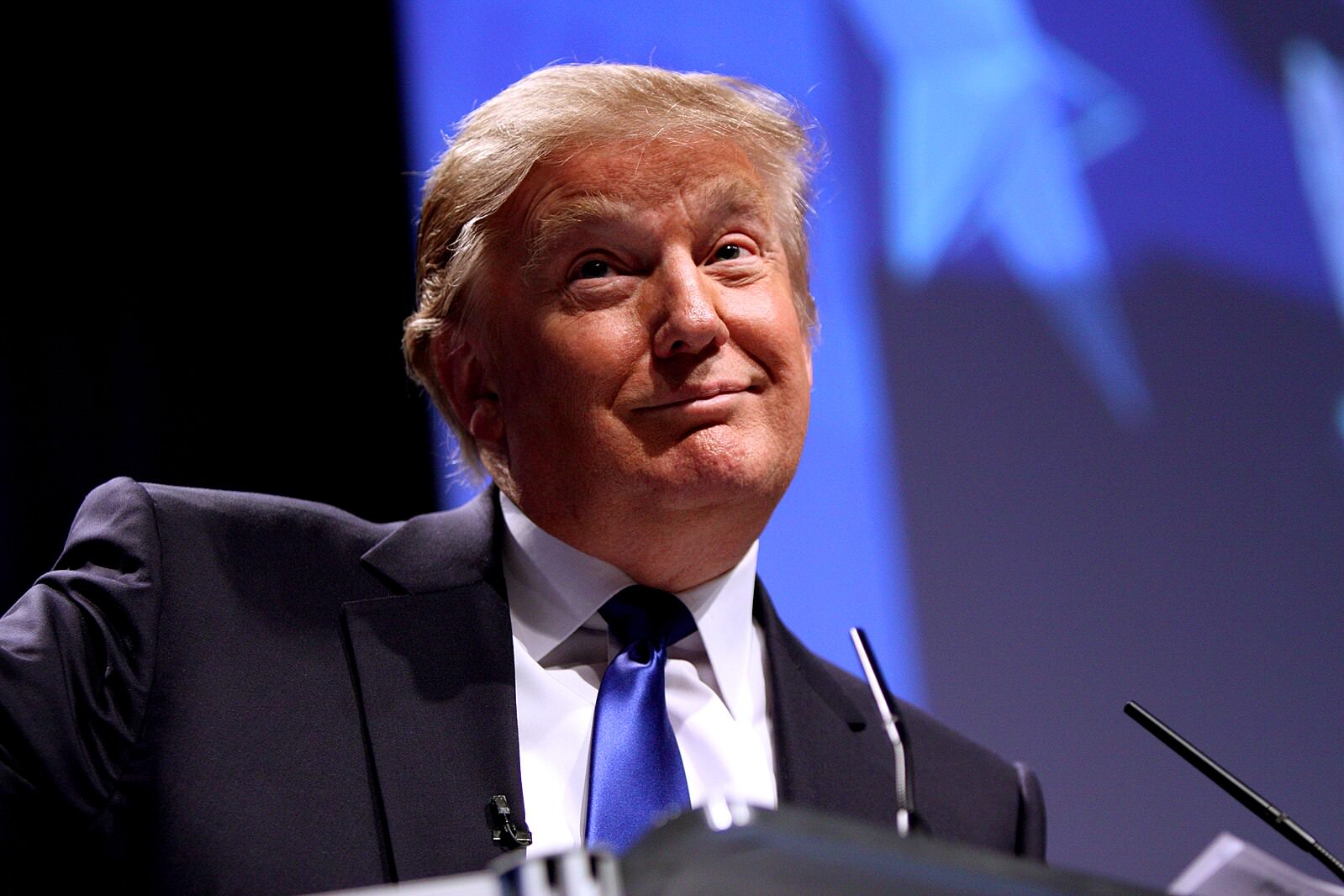Politics
Trump allies dismiss ‘dictatorship’ claims as election season heats up
By Jake Beardslee · December 5, 2023
In brief…
- Major news outlets warn of a potential Trump dictatorship in second presidency.
- Trump's allies strongly reject these claims, attributing them to media opposition.
- Concerns are raised about the impact on immigration, civil rights, and democracy.

Recent articles from major news outlets, including The Washington Post, The Atlantic, and The New York Times, have ignited a debate over the possibility of a second Trump presidency evolving into a dictatorship, with concerns raised about its impact on democracy. The publications argue that a new Trump term could pose a threat to various aspects of American society, ranging from immigration to civil rights and climate policies.
Trump’s allies push back against these claims, including Sen. JD Vance (R-Ohio), who opined on X that such articles aim towards “legitimizing illegal and violent conduct” as the election approaches. Jason Miller, a senior Trump adviser, likened the current situation to August 2016, highlighting concerns about rising healthcare costs and President Trump’s Democratic opponent being off the campaign trail.
The Atlantic’s upcoming January/February issue is dedicated to exploring the potential consequences of a second Trump term, covering topics like immigration, civil rights, the Justice Department, and climate policies. The magazine’s editor-in-chief, Jeffrey Goldberg, emphasized these concerns in an editor’s note titled “A Warning.”
The New York Times, in its series on a second Trump term, pointed out growing alarm over Trump’s campaign rhetoric, drawing comparisons to historical fascist dictators and contemporary populist leaders. A Washington Post opinion column by Robert Kagan went further, arguing that a Trump dictatorship is becoming “increasingly inevitable.”
Trump’s allies dismiss these warnings as part of the media’s opposition to the former president. Steven Cheung, a Trump campaign spokesman, labeled The Atlantic’s project as another “version of the media’s failed and false Russia collusion hoax.” Republican representatives, including Mike Waltz and Wesley Hunt, accused the left of resorting to “hysterical scare tactics.”
Despite the pushback, voices outside the media echo concerns about the potential consequences of another Trump presidency. Former Republican Rep. Liz Cheney expressed her worries on NBC’s “Today,” stating that the risk of the U.S. becoming a dictatorship under Trump is a “very, very real threat.”
The increased warnings coincide with Trump’s intensified campaign rhetoric, where he has described political opponents as “vermin” and suggested seeking “retribution” if reelected. He recently framed President Biden as a “destroyer of American democracy,” presenting an inversion of the common argument that Trump poses a threat to U.S. democracy.
In response to these developments, Democrats see an opportunity to emphasize the importance of protecting democracy in the 2024 election. While Trump’s counterattacks indicate his belief that this narrative could resonate with his supporters, the debate over the potential consequences of another Trump presidency continues to escalate.